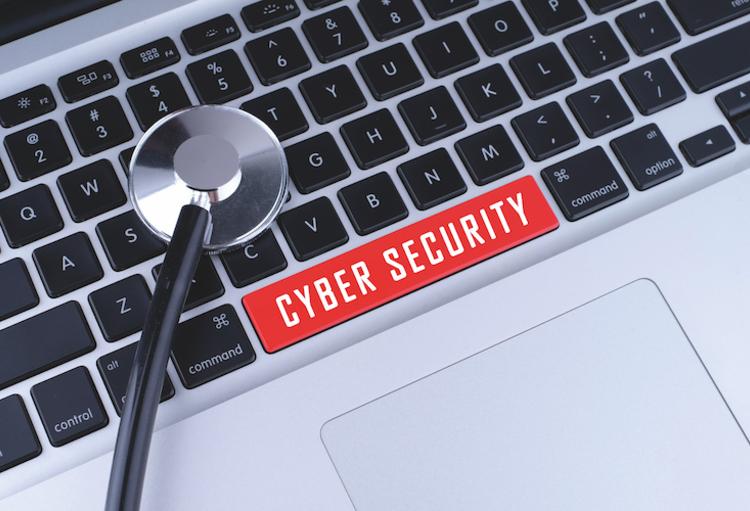By akademiotoelektronik, 03/04/2023
Up to 3 times more cyberattacks in Belgium than before the health crisis
Mastercard has observed up to three times more cyberattacks in Belgium than before the health crisis.
Public administration, healthcare and retail are among the most vulnerable sectors, warns the US payment and withdrawal system company on Thursday, as Belgian banks score well above the world average.
Globally, it is estimated that cybercrime causes damage worth no less than 6 trillion dollars annually, according to Mastercard.
Even though they are on the increase, attacks targeting individuals are not the most interesting for hackers compared to those targeting companies, regardless of their size, which require more effort but can bring them more large ransoms. In Belgium, around 1,000 companies were targeted in 2021. The majority of attacks analyzed were in the form of malware (28.8%), followed by just over a quarter of ransomware (26.4%) and one in five attacks by social engineering, via email (19.7%).
Cyberattacks can be devastating for businesses, especially small ones. And yet, although they are regularly the target of hackers, 50% of them are not prepared to deal with it, we warn at Mastercard.

Contrary to what one might think, most attacks (69%) are aimed first at obtaining information or data, before the lure of money itself (16.2%). An attempt to steal data that takes place for two main reasons: the first is financial (71.1%), an information capital that can be converted into gold. The second reason is political (28%), as stolen information can destabilize a government or rules in place.
According to 2021 figures, governments (24%) and financial institutions (21%) in Belgium are the first targets of hackers, two sectors that suffer an average of 50 to 70 cyberattacks per quarter. The IT and multimedia sector comes just after (12%). However, the pandemic has particularly affected the healthcare and retail sectors, with the latter being three times more affected by cyberattacks than before the coronavirus.
Belgian banks, on the other hand, are less vulnerable than those in other countries and score well above the global or European average.
To protect themselves against cyberattacks, Mastercard recommends that companies start by examining, through an analysis, where they are cyber-vulnerable and then (ensure) their good cyber-hygiene. She also advises them to clearly identify the people with whom they interact digitally and to detect risks, in particular via solutions using artificial intelligence.
Related Articles